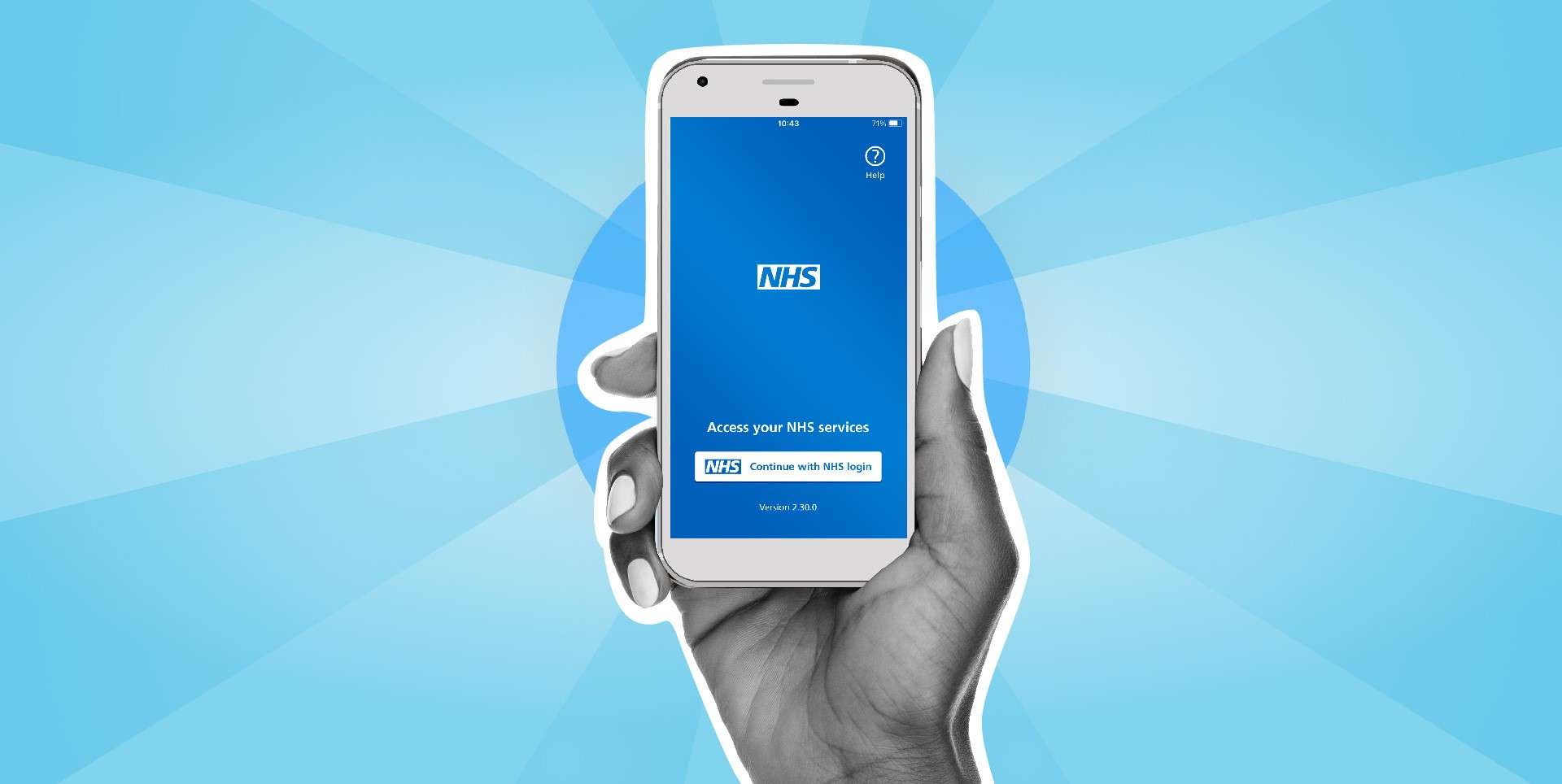Government funds rollout across 38 trusts
Credit: tigerlily713 from Pixabay
The government is funding the rollout of “digital shift planning” across 38 NHS trusts.
The technology, also known as shift e-rostering, will allow clinical staff at pharmacies, hospitals, and other care centres to digitally select the shifts they wish to work. Government claims the technology can save each clinician as much as 34 minutes per week – “which can add up to hundreds of hours per trust”.
Digital shift-planning systems have “proven instrumental” in managing the workloads of many trusts during the pandemic, according to the government, as well as processing payroll information and allowing employees to register absences.
Five trusts that will shortly deploy the technology will also be using it to schedule patient appointments.
“Specific skillsets can more easily be matched to the right shifts when redeploying staff using digital staff passports,” added the Department of Health and Social Care. “The passports are currently being piloted and can save staff and HR teams time by providing a verified record of identity, employment and training on their smartphone.”
Related content
- NHS Digital spends £8m on four deals to support ‘Covid-19 rapid response’
- Hancock issues six-month order for NHS to share confidential patient data
- NHS collates data from symptom-tracker apps
The rollout of e-rostering platforms to 38 trusts, at a cost of £7.5m, is part of wider £26m national programme to equip 68 trusts.
The organisations covered by the latest tranche of funding include mental health, community, acute care, and specialist trusts.
“This is part of a wider strategy by NHS England and Improvement and NHSX to build a collaborative and flexible workforce through the use of technology,” the government said. “The DHSC will continue to work with NHS trusts to improve and upgrade their workforce deployment systems.”
Among the trusts that have already received funding to support the rollout of digital shift planning are four based in the capital that have teamed up to use the technology to create the North West London Collaborative Staff Bank, a platform allowin available clinicians to be matched to open shifts – helping trusts cope with coronavirus-related surges in demand.
Care minister Helen Whately said: “We’re delivering on another commitment in the NHS Long Term Plan to support the use of electronic rosters. E-rostering is a crucial tool to make the most of our dedicated healthcare professionals’ time for looking after patients – something which is needed more than ever during this pandemic. Managing shifts more effectively also makes it easier to work flexibly, giving our hardworking clinicians a better work/life balance.”
She added: “I’m excited to see how this technology can be implemented in the future, not just in hospitals and pharmacies, but in social care too – making sure everyone gets the right care at the right time.”



